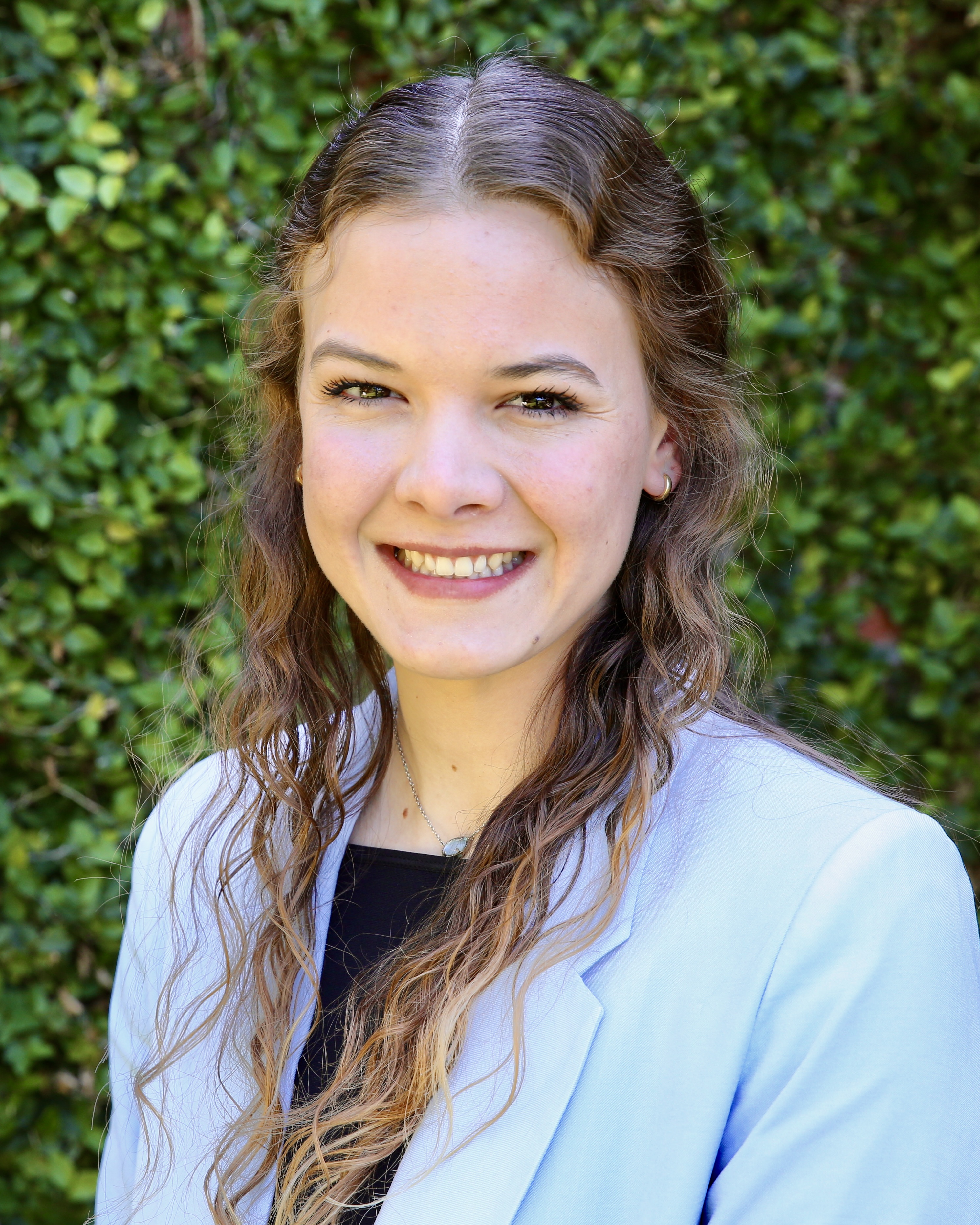President's Showcase
Sophie Allen
Supervising Professor: Dr. Chris Martin
Sophie Allen is a senior at Florida State University majoring in Psychology and Biomathematics. Since spring 2021, she has been actively engaged in Dr. Chris Martin’s Memory Lab, investigating long-term memory using functional magnetic resonance imaging. Her research interests reside in cognitive neuroscience, with a specific focus on human long-term memory, perception, and learning. Upon her graduation in spring 2024, Sophie plans to pursue a Ph.D. in Cognitive Neuroscience, integrating computational modeling and empirical methods to advance her research interests.
Abstract
Recalling our past experiences shapes how we see ourselves now and how we envision the future, contributing to our overall sense of self. Remembering specific events involves integrating general world knowledge (semantic memory) with event-specific details (episodic memory) to form autobiographical memory. Unfortunately, the ability to recall event-specific details selectively declines with age. This is thought to reflect reduced differentiation of memory representations in the hippocampus. However, replaying real-world memory cues using a smartphone application called HippoCamera improves recall of event-specific details and increases differentiation of corresponding representations in the hippocampus in older adults. The present study builds on this evidence and investigates whether replaying with HippoCamera enhances differentiation of hippocampal memory traces in young adults as it does in older adults. Additionally, we examine longitudinal representational changes in the hippocampus, asking whether and how mnemonic differentiation varies over time. To answer this question, we used functional magnetic resonance imaging data obtained three months apart in a sample of healthy, young adults. Shortly after our intervention, we found a consistent trend indicating that replaying with HippoCamera promoted differentiation in the right posterior hippocampus. Interestingly, degree of differentiation among replayed memories did not change after three months. Conversely, memories in the baseline condition, which exhibited lower differentiation in the right posterior hippocampus immediately after the intervention, gradually diverged from one another over the three-month period. These data suggest that replaying HippoCamera memory cues enhances memory by accelerating the rate at which memories are differentiated in the hippocampus.
Presentation Materials

